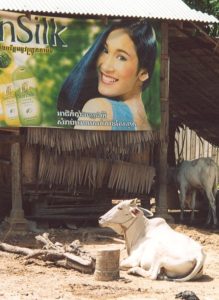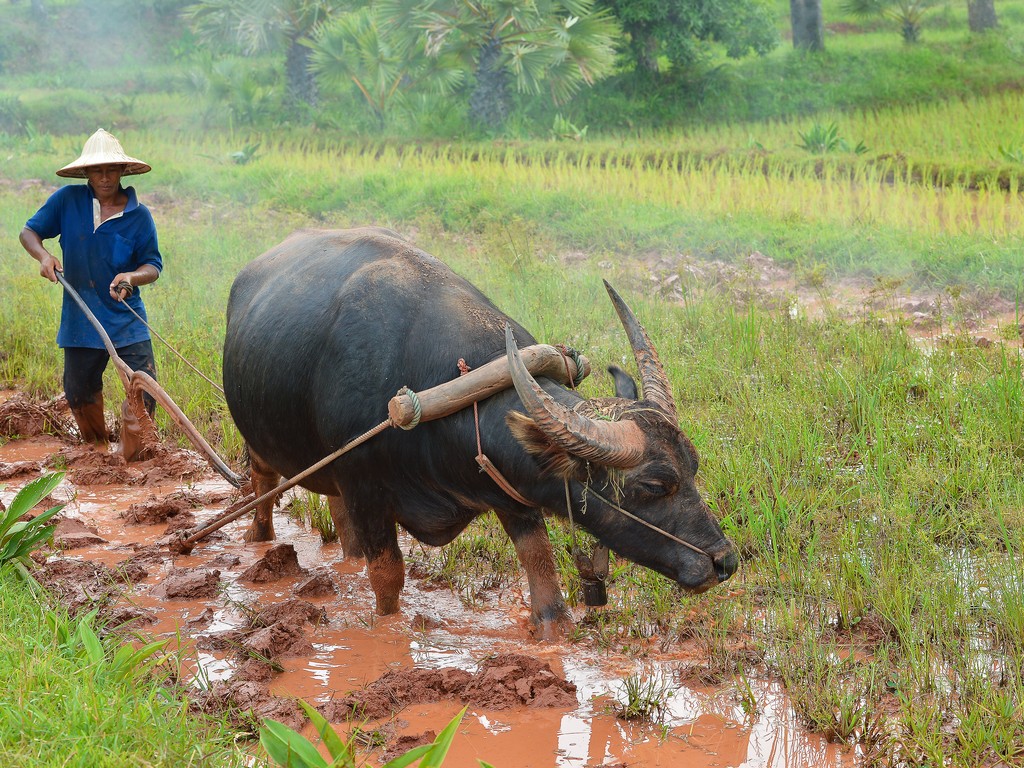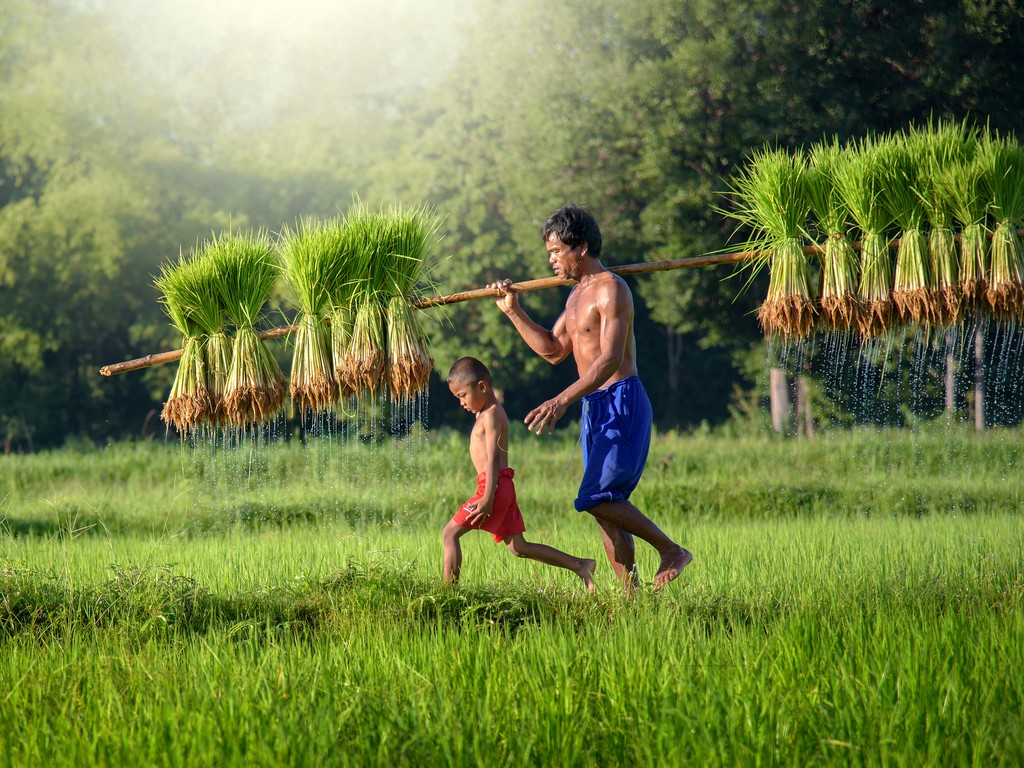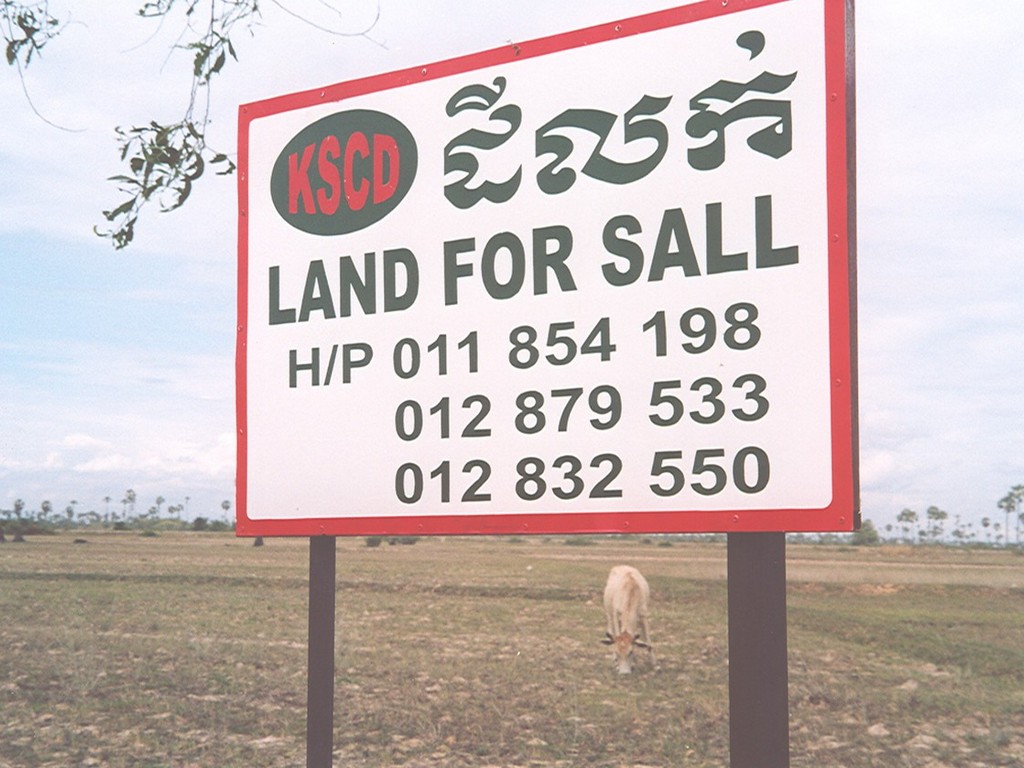Projects
Emergence and development of agroecology in Cambodia
Description – The project examines the development of different forms of agroecology in Cambodia in relation with smallholder farmers capabilities. We examine the multiple enabling/lock-in factors that promote/impede a transition to more resilient production and food systems at household, territorial and value chain levels. It includes a critical analysis of different incentive mechanisms (e.g. organic, PGS, SRP rice) that co-exist alongside well-rooted and well-structured conventional agricultural systems.
Role – Independent researcher
Dates – 2023-ongoing
Location – Cambodia (fieldwork in Battambang, Siem Reap and Preah Vihear)
Partnership – ASSET (Agroecology and Safe Food System Transitions in Southeast Asia)– SFS (The School for Field Studies) – GRET – APICI project – SSLA (Sustainable Soil for Life Association)
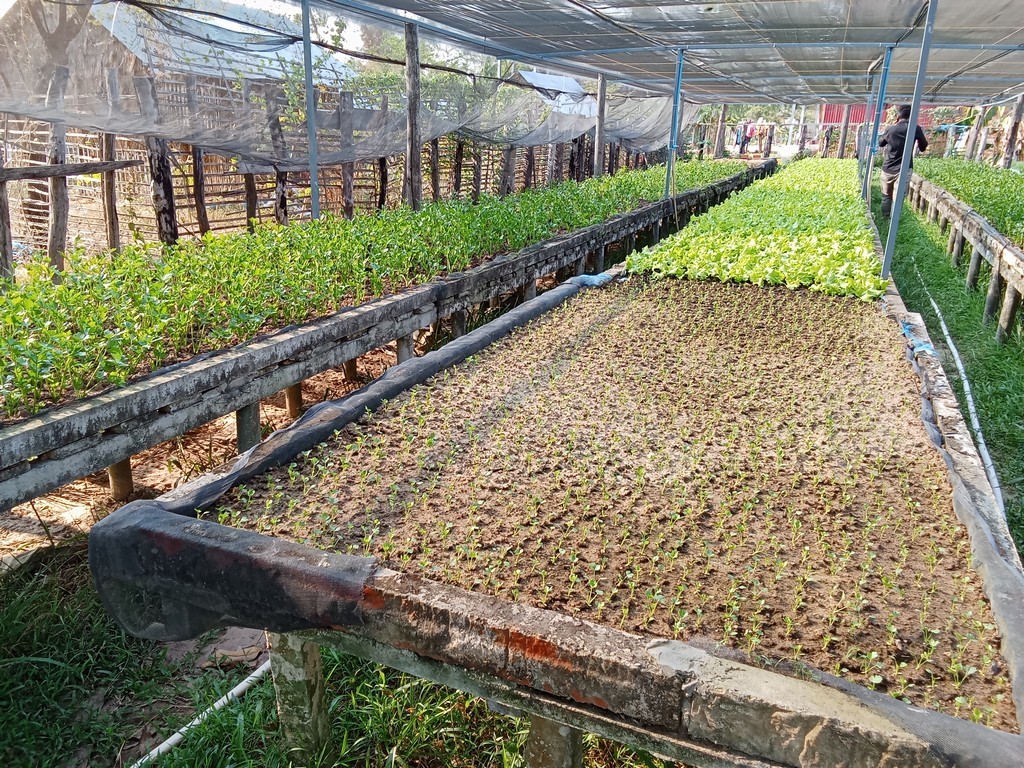
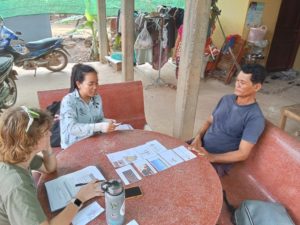
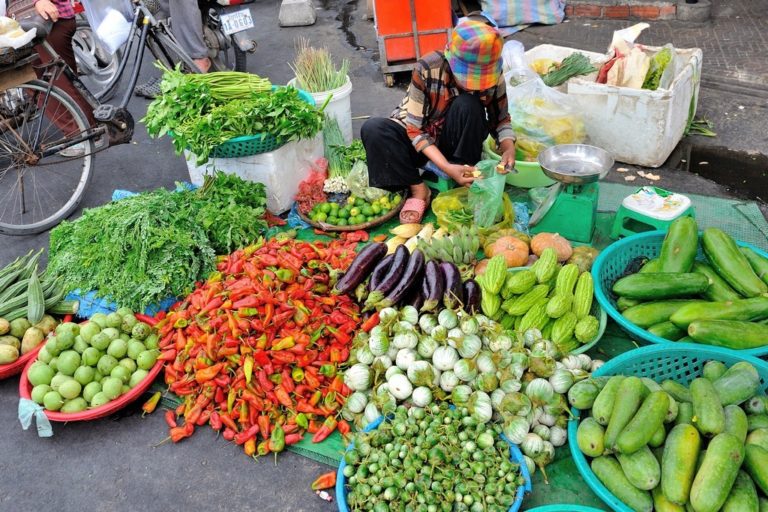
Responsible agricultural investment in Cambodia
Description – The Mekong Region Land Governance (MRLG) project supports a RAI (Responsible Agriculture Investment) alliance of stakeholders interested in improving regulatory frameworks relating to contract farming and other agro-investment models. The alliance include researchers, national NGOs, international organisations and representatives from MAFF (the Ministry of Agriculture, Forestry and Fisheries). Included in that latter group are the DPS (Department of Planning and Statistics) and the DAI (Department of Agro-Industries)
Role – I assist alliance members in various research activities (desk studies, quantitative and qualitative study) to produce high quality and relevant knowledge products
Period – 2020-2022
Location – Cambodia (fieldwork in the provinces of Preah Vihear and Mondul Kiri)
Partnership – MRLG, the CPS (Centre for Policy Studies) and other RAI alliance members (the Cambodia Partnership for Sustainable Agriculture (CPSA), Oxfam and MAFF)
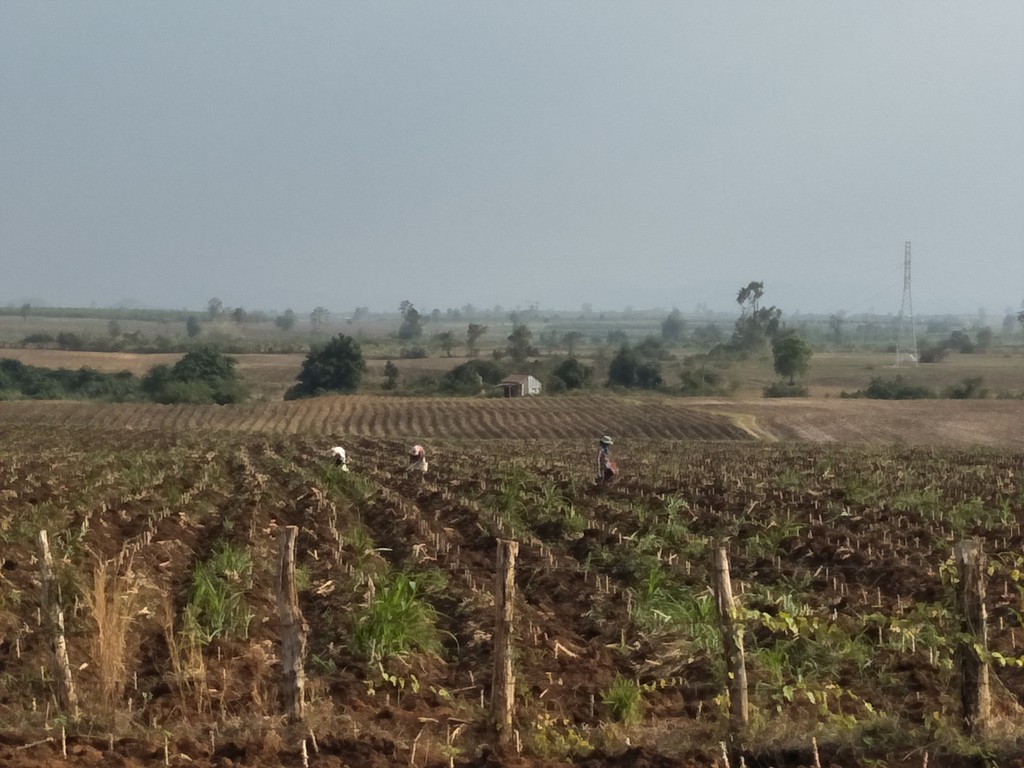
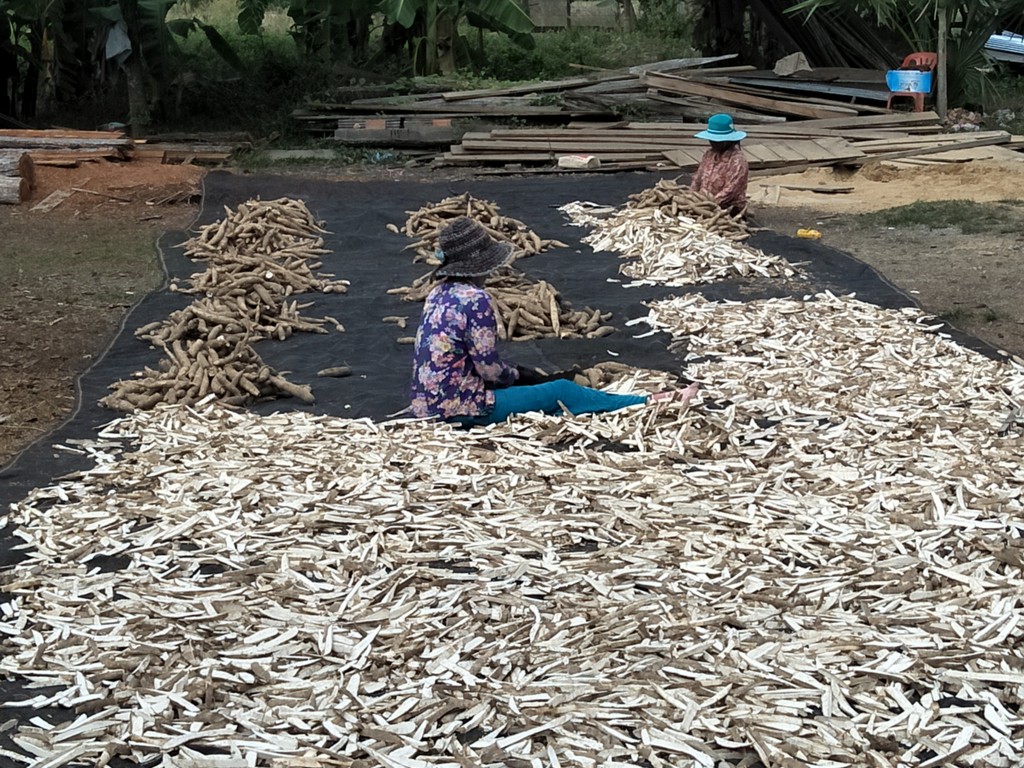
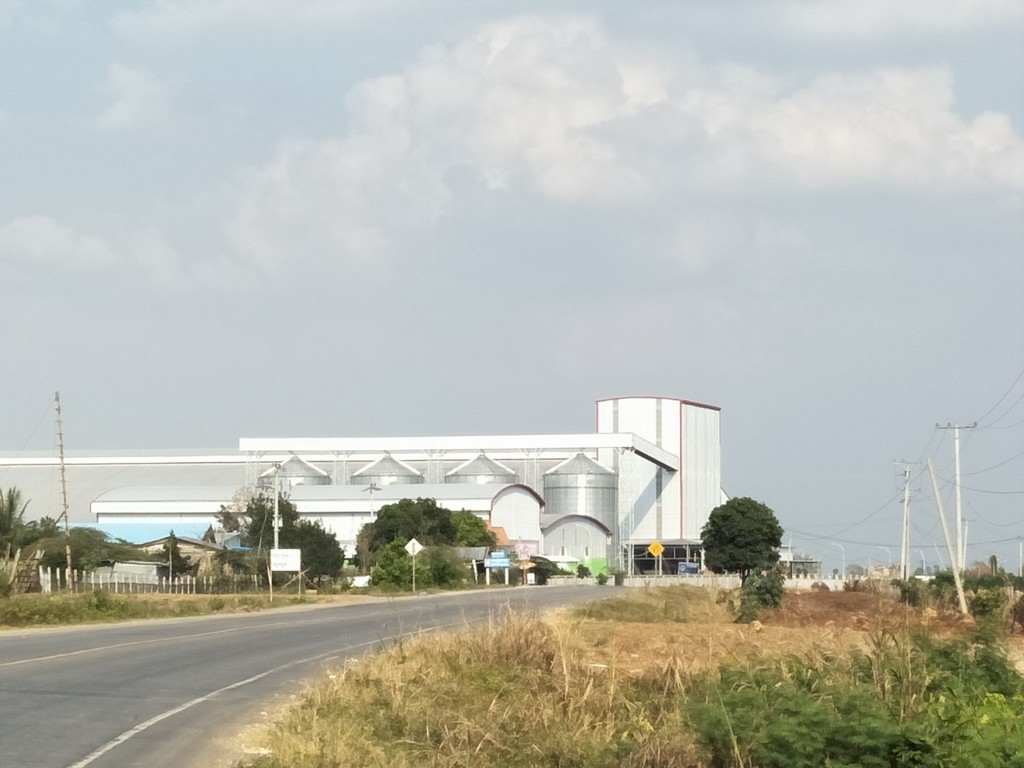
Understanding new drivers of deforestation and forest degradation in mainland Southeast Asia: smallholder livelihood diversification and value chain analysis for rubberwood and latex
Description – The project aims to understand the transformation of the smallholder rubber sector. It particularly relates to the ‘boom-bust cycle’ centred on the rubber price peak in 2011. We are examining these changes at two levels: 1) the transformation of land use and the production/activity systems of smallholder rubber households; and 2) the transformation of the rubber value chain
Role – Principal Investigator for Cambodia
Period – 2019-2022
Location – Cambodia (fieldwork in the provinces of Kampong Cham, Tboung Khmum, Kratie and Ratanak Kiri)
Partnership – Forest Trends and the GDR (the General Directorate of Rubber)
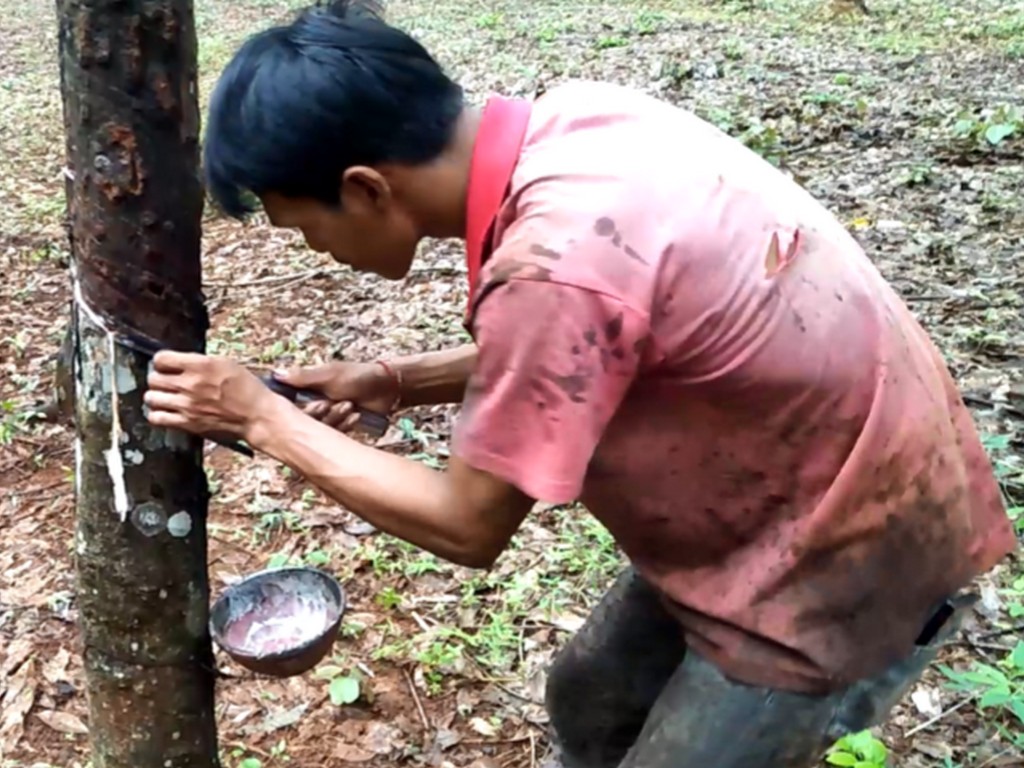
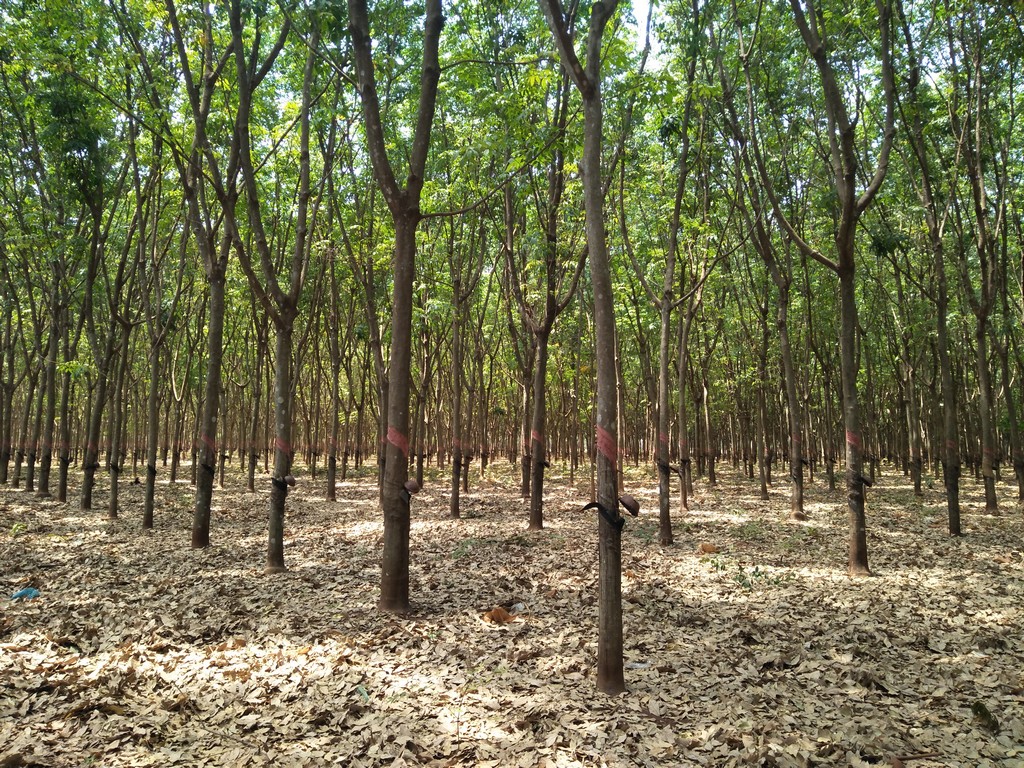
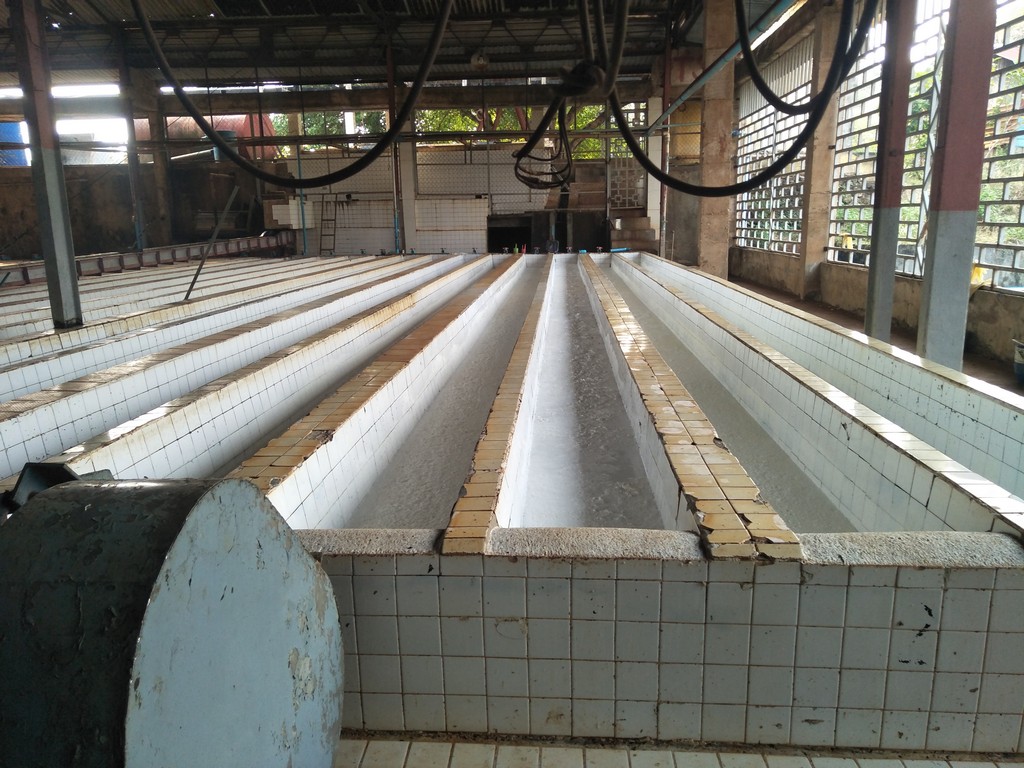
Food security, climate change and natural resource management in Cambodia
Description – The project was conceived as an action-research program to study, document and evaluate the impact of, and adaptation to environmental changes. The focus was local communities dependent on agriculture and natural resources. My role was to ensure the scientific coordination of the project for the Learning Institute which acted as the project’s grant-making organisation. I provided all-round advisory and backstopping services to support eight research teams and projects (30 researchers)
Period – 2011-2013
Role – Research advisor
Location – Cambodia
Partnership – Leaning Institute and IDRC (the International Development Research Centre, Canada)
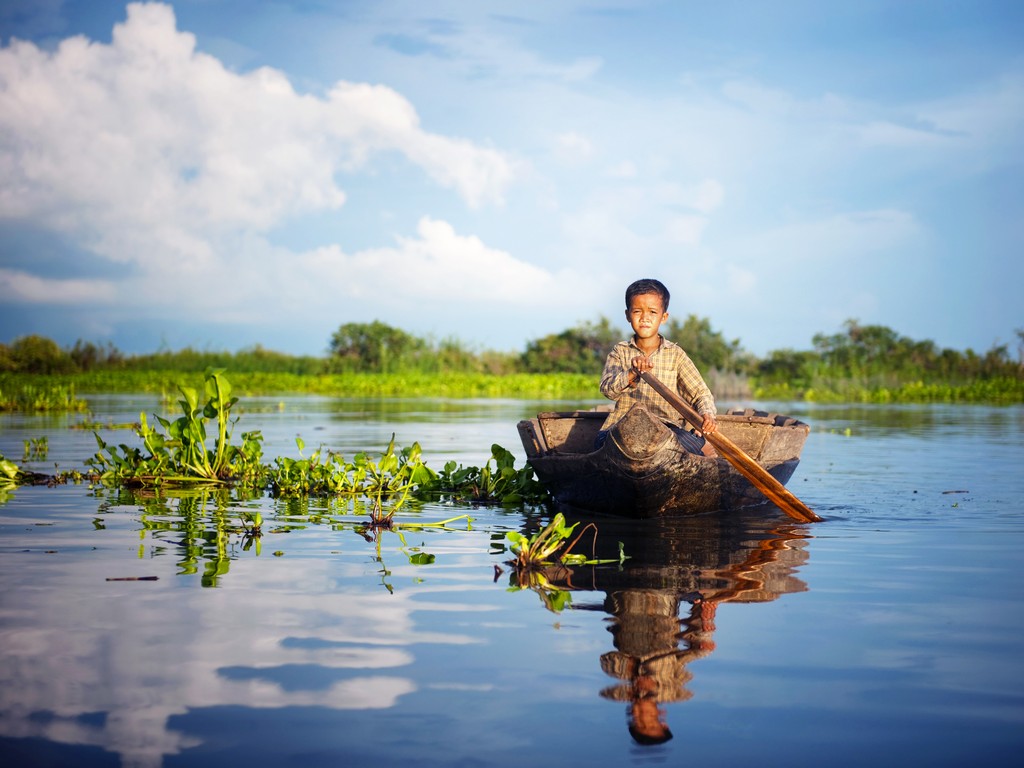
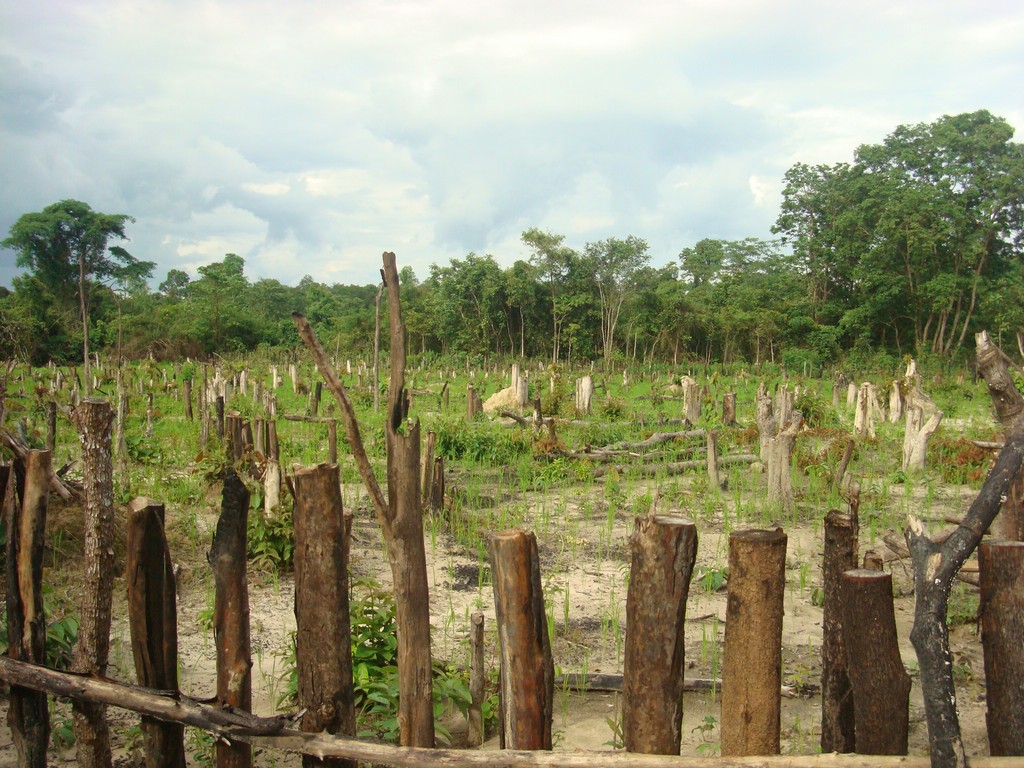
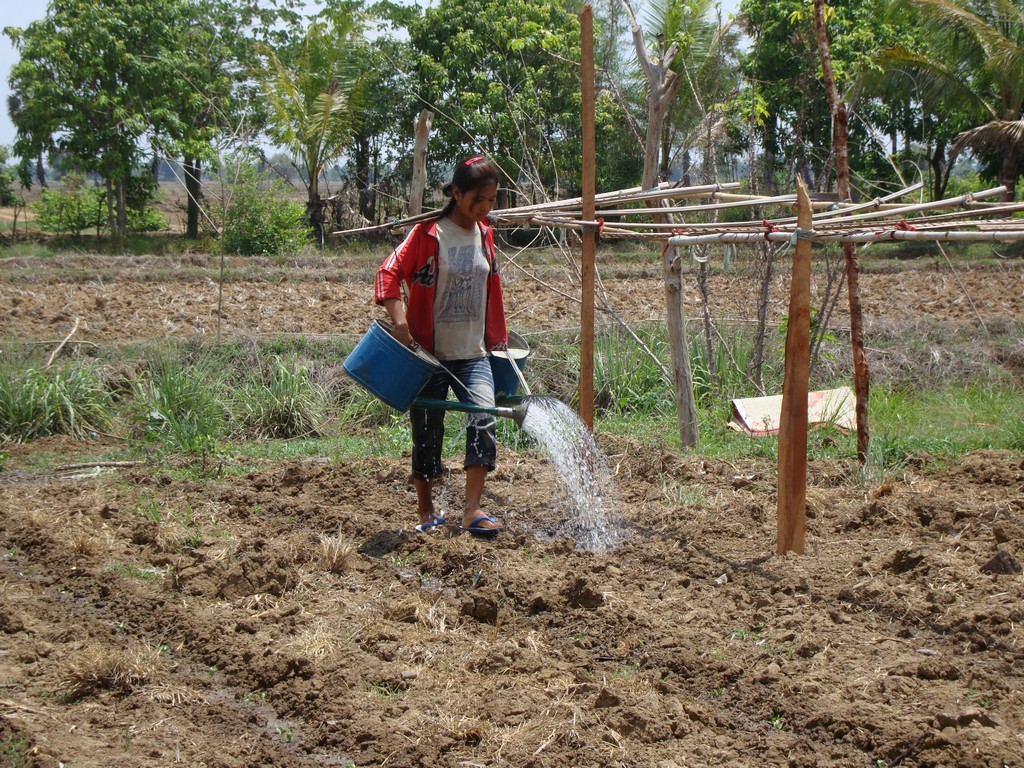
The contribution of smallholder farmers to rural development (PhD project)
Description – The general approach that I proposed was to put the new governance that emerged at the end of the nineties (land, agriculture and natural resources) to the test of peasant realities in Kampong Thom province. To understand the remarkable diversity of the activities of the families involved, I revisited the model of peasant economics proposed by A. Chayanov. I showed how the seasonal and demographic variation of the opportunity cost of their labour largely determines the decisions they make about their land and labour management. I argued that these logics are part of a multi-purpose management and optimisation of their resources and territory. These logics are at the core of peasants’ rationality and are the foundation of their contribution to rural development. On this basis, I showed to what extent the new governance for land and natural resources management was out of step with the rural realities I observed
Role – PhD Researcher
Period – 2003-2007
Location – Kampong Thom, Cambodia
Partnership – Gembloux Agro-Bio Tech
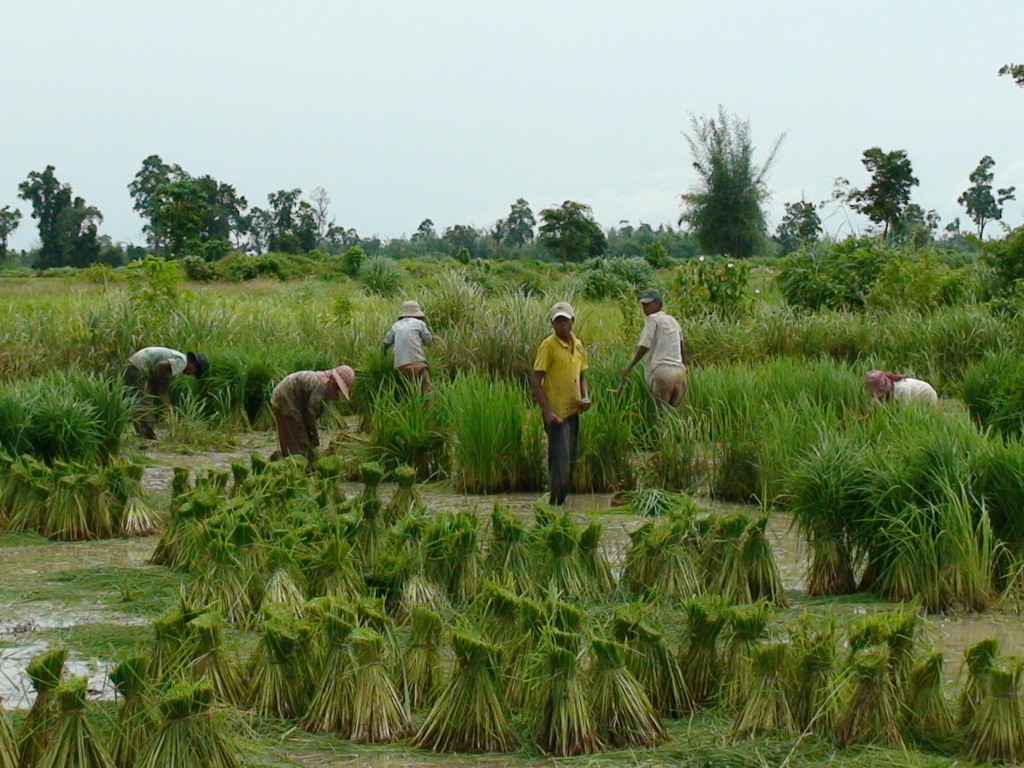
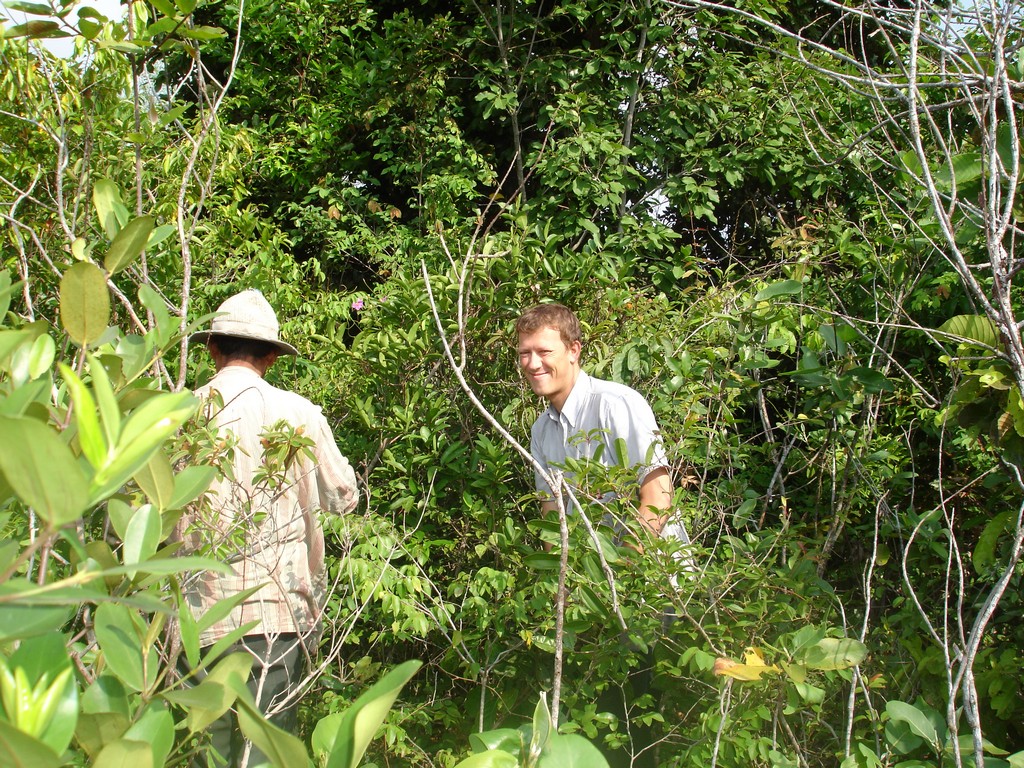
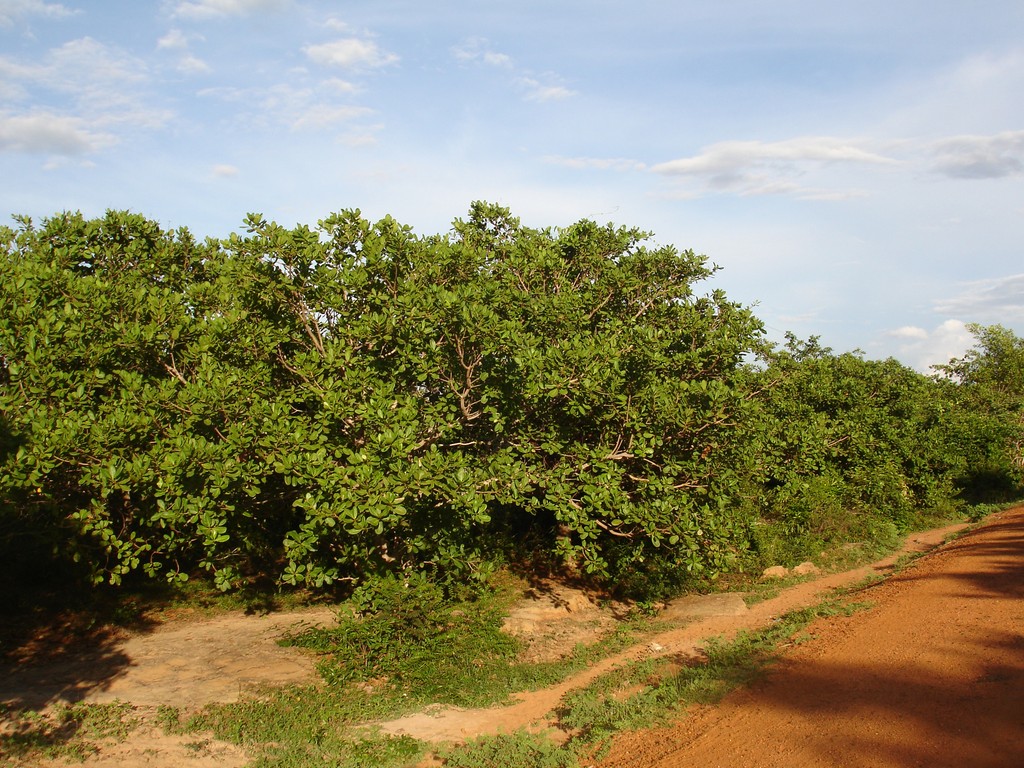
Research and training in rural development
Description – Designed as a collaboration between Belgian and Cambodian universities, the project aimed to strengthen the teaching and research capacities of an interdisciplinary team of young Cambodian lecturers from the Royal University of Phnom Penh and the Royal University of Agriculture. The core activity was a large research study on farming systems across the central plain of Cambodia, including field surveys, data analysis, training and publications
Role – Project coordinator, lead researcher and instructor (2002-2004)
Period – 1999-2004
Location – Phnom Penh, Cambodia
Partnership – Gembloux Agro-Bio Tech, RUPP (Royal University of Phnom Penh) and RUA (Royal University of Agriculture)
